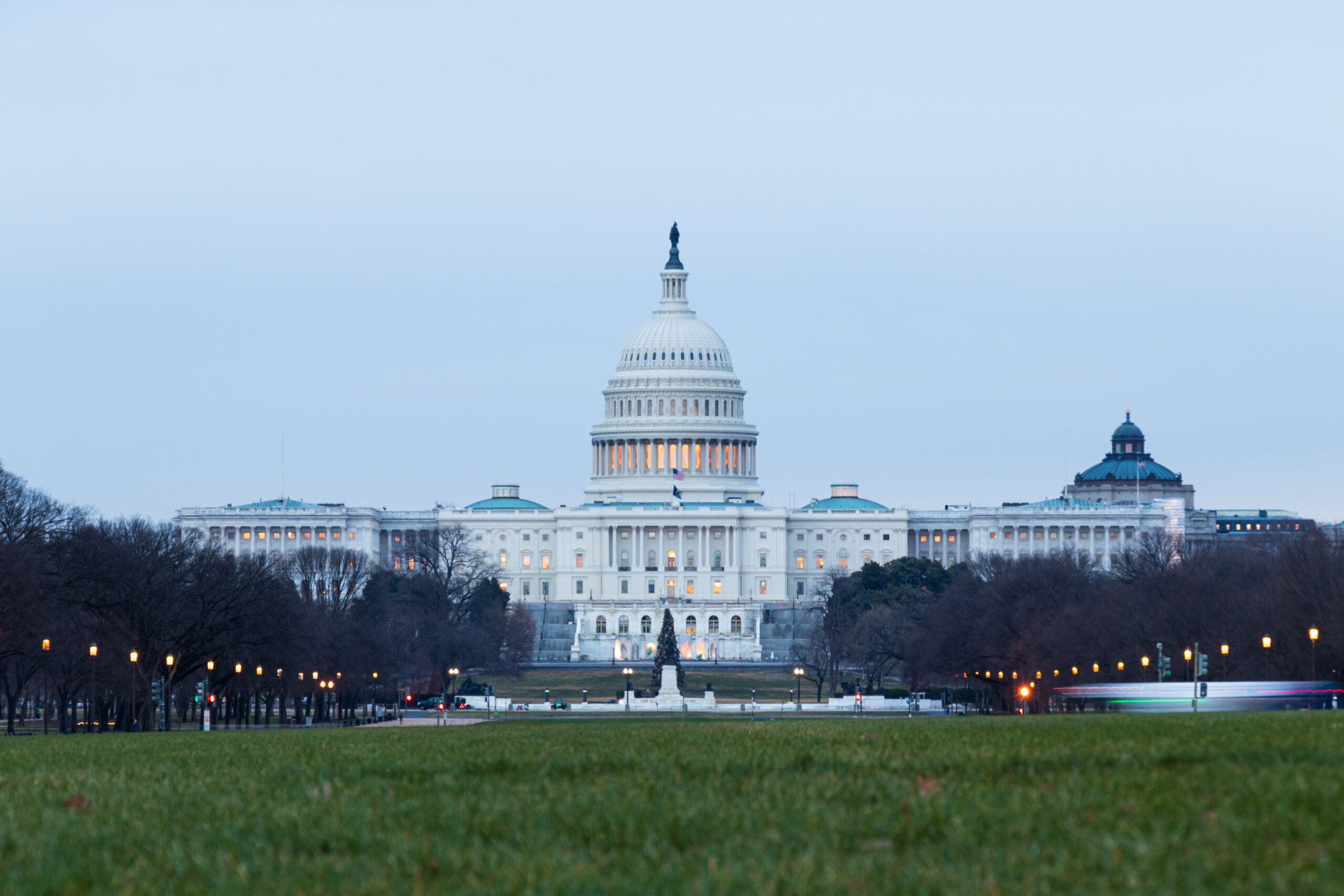
Preemption in US Federal Privacy Laws
This post is the first in an ongoing series on federal preemption and enforcement in United States federal privacy legislation. As federal lawmakers consider proposals for a federal baseline privacy law in the United States, one of the most complex challenges is federal preemption, or the extent to which a federal law should nullify the […]

Colorado Privacy Act Passes Legislature: Growing Inconsistencies Ramp Up Pressure for Federal Privacy Law
Today, the Colorado Senate approved the House version of the Colorado Privacy Act (SB21-190) that passed yesterday, on June 7. If approved by Governor Jared Polis, Colorado will follow Virginia and California as the third U.S. state to establish baseline legal protections for consumer privacy. “Although the Colorado Privacy Act contains notable advances that build […]

Privacy Trends: Four State Bills to Watch that Diverge from California and Washington Models
During 2021, state lawmakers have proposed a range of models to regulate consumer privacy and data protection. As the first state to pass consumer privacy legislation in 2018, California established a highly influential model with the California Consumer Privacy Act. In the years since, other states have introduced dozens of nearly identical CCPA-like state bills. […]

South Korea: The First Case Where the Personal Information Protection Act was Applied to an AI System
As AI regulation is being considered in the European Union, privacy commissioners and data protection authorities around the world are starting to apply existing comprehensive data protection laws against AI systems and how they process personal information. On April 28th, the South Korean Personal Information Protection Commission (PIPC) imposed sanctions and a fine of KRW […]

Talking to Kids About Privacy: Advice from a Panel of International Experts
Now more than ever, as kids spend much of their lives online to learn, explore, play, and connect, it is essential to ensure their knowledge and understanding of online safety and privacy keeps pace. On May 13th, the Future of Privacy Forum and Common Sense assembled a panel of youth privacy experts from around the […]

Automated Decision-Making Systems: Considerations for State Policymakers
In legislatures across the United States, state lawmakers are introducing proposals to govern the uses of automated decision-making systems (ADS) in record numbers. In contrast to comprehensive privacy bills that would regulate collection and use of personal information, automated decision-making system (ADS) bills in 2021 specifically seek to address increasing concerns about racial bias or […]

A New Era for Japanese Data Protection: 2020 Amendments to the APPI
The recent amendments to Japan’s data protection law contain a number of new provisions certain to alter – and for many foreign businesses, transform – the ways in which companies conduct business in or with Japan.

The right to be forgotten is not compatible with the Brazilian Constitution. Or is it?
Author: Dr. Luca Belli Dr. Luca Belli is Professor at FGV Law School, Rio de Janeiro, where he leads the CyberBRICS Project and the Latin American edition of the Computers, Privacy and Data Protection (CPDP) conference. The opinions expressed in his articles are strictly personal. The author can be contacted at luca.belli@fgv.br. The Brazilian Supreme Federal […]

FPF announces appointment of Malavika Raghavan as Senior Fellow for India
The Future of Privacy Forum announces the appointment of Malavika Raghavan as Senior Fellow for India, expanding our Global Privacy team to one of the key jurisdictions for the future of privacy and data protection law. Malavika is a thought leader and a lawyer working on interdisciplinary research, focusing on the impacts of digitisation on […]

India: Massive overhaul of digital regulation, with strict rules for take-down of illegal content and Automated scanning of online content
On February 25, the Indian Government notified and published Information Technology (Guidelines for Intermediaries and Digital media Ethics Code) Rules 2021. These rules mirror the Digital Services Act (DSA) proposal of the EU to some extent, since they propose a tiered approach based on the scale of the platform, they touch on intermediary liability, content moderation, take-down of […]
